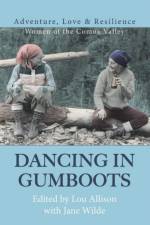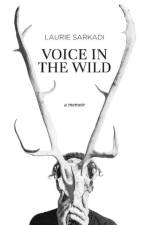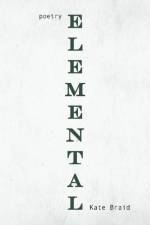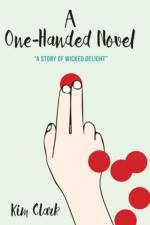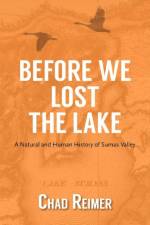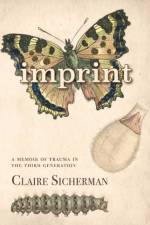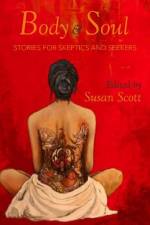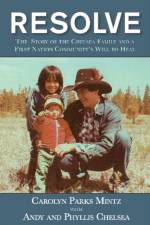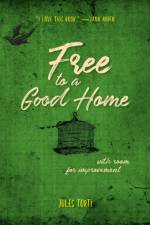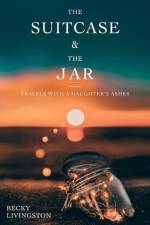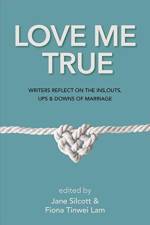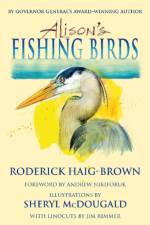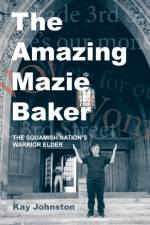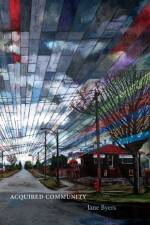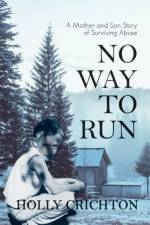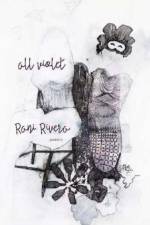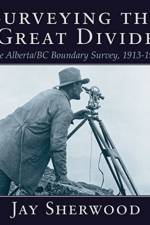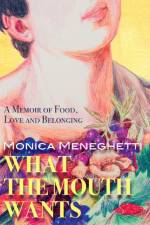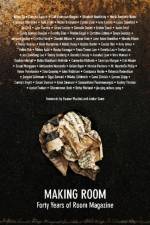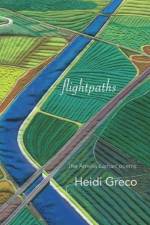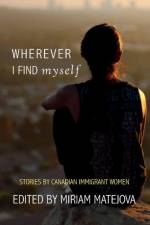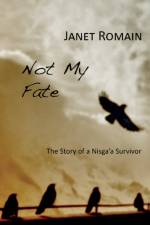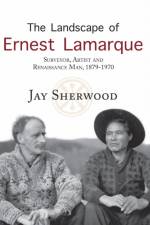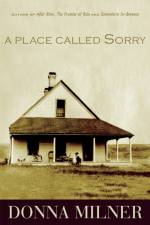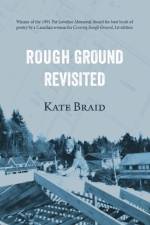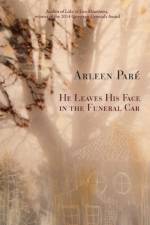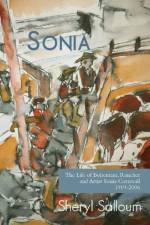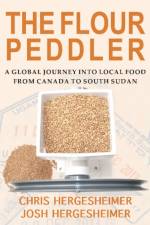- Forty Years of Room Magazine
295
Making Room: Forty Years of Room Magazine celebrates the history and evolution of Canadian literature and feminism with some of the most exciting and thought-provoking fiction, poetry, and essays the magazine has published since it was founded in 1975 as Room of One's Own. This collection includes poems about men not to be fallen in love with, trans womanhood, the morning-after pill, the "mind fuck" of being raped by a romantic partner, and a tribute to the women who were murdered in the Montréal Massacre. In one story, a group of sexual assault survivors meet weekly and come up with a unique way to help police capture their assailant, while in another a dinner party turns to witty talk of racism, sexism, pornography, and time travel. One author recounts how she learned multiple languages in order to connect with her father, another reluctantly walks down the aisle in order to stay in Canada with the man she loves. For forty years, Room has created a space for diverse voices. As Amber Dawn says in her opening essay, "There is Room. We do fit." Contributors include Carol Shields, Audrey Thomas, Marian Engel, M. NourbeSe Philip, Carmen Aguirre, Eden Robinson, Daphne Marlatt, Dorothy Livesay, Ayelet Tsabari, Ivan Coyote, Tracey Lindberg, Sina Queyras, Evelyn Lau, Jen Sookfong Lee, Gail Anderson-Dargatz, and more. With forewords by Eleanor Wachtel and Amber Dawn, interviews with four former Room editors, and an afterword by Room's current publisher and managing editor. "As you read this anthology, you will undoubtedly regard it as a timely collection of seventy-eight exceptional literary works. Please, also take a moment to marvel at how scarcity and shame have not claimed a single page, not a single line or word of this anthology. You, dear readers, and I, and the seventy-five remarkable contributors are both teaching and learning a new message, right now. Say it with me. There is Room. We do fit. " -- Excerpt from Amber Dawn's Overturning Scarcity: Forty Years of Abundant Change

